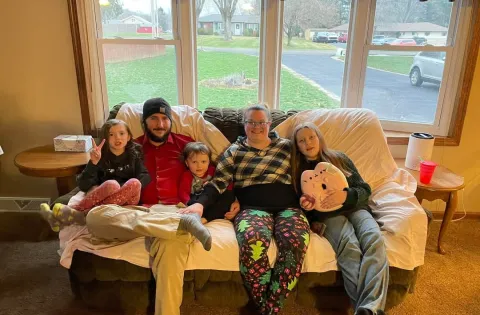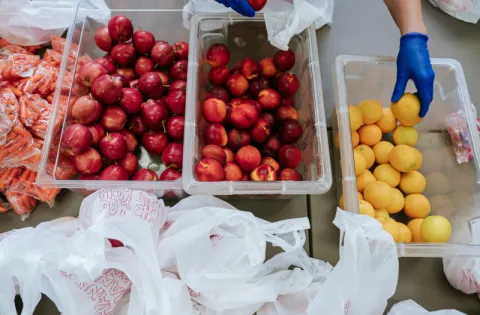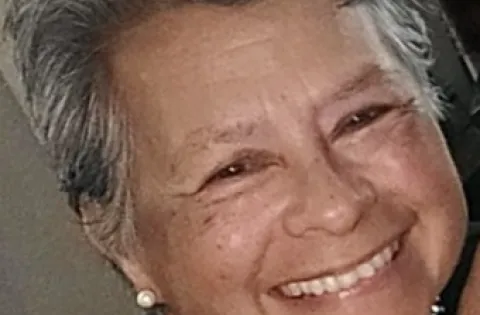Not far from downtown Detroit, there is a mural of a little girl wearing a cape and extending her arm like a superhero. Around her the words ‘community’, ‘rebuild’ and ‘hope’ tell the story of the strength and resilience of a majority Black city that, like other Black communities across America, is a city of believers.
The coronavirus crisis in Detroit showed us how Black leaders and everyday heroes worked to protect the dreams of Black kids in the city. Thanks to their belief in a more just society and their resilience, kids in the city didn’t have to worry about where their next meal would come from.
Early on, Detroit was one of the hardest-hit cities in the country with a high number of coronavirus cases and deaths. Thousands of children who relied on school meals switched to virtual learning.
This was the case for Tristan, a 4-year-old student at Detroit Public School Community District (DPSCD). As his grandmother, Leden Fletcher explained: “He didn’t really understand why he wasn’t in school.”

Tristan suffers from asthma and is considered medically fragile, so the pandemic was especially frightening for his family.
“March 2020 seems like it was years ago,” said Machion Jackson, assistant superintendent at DPSCD. “We were struck with horror. What's going to happen to the children who depend on us for meals?”
Overnight, Black leaders like Jackson and Carl Williams, the school district’s director of nutrition, devised plans to feed kids in the district. They strategically set up 57 meal distribution sites where students could walk in and pick up meals and snacks.
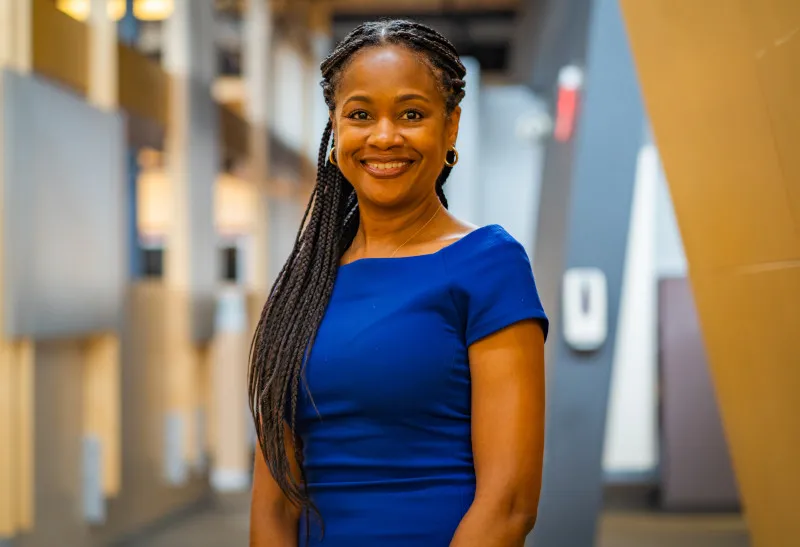
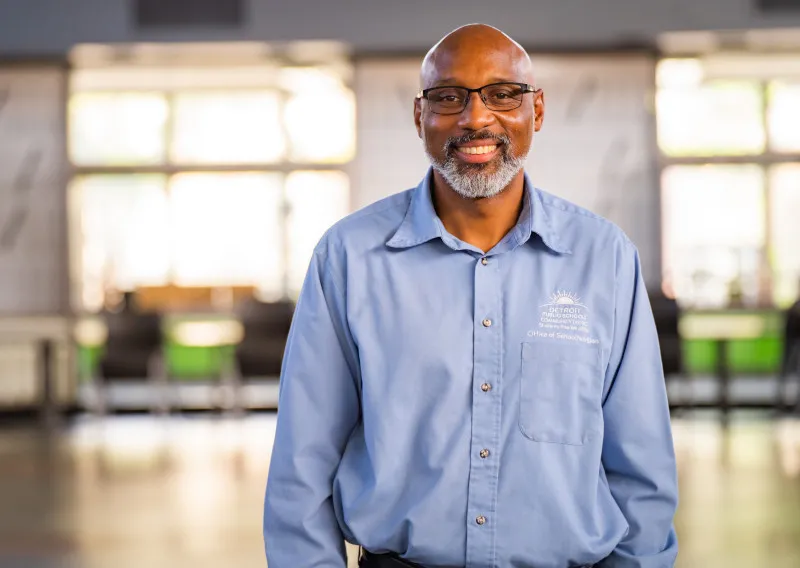
But a question remained. What was going to happen to the medically fragile students like Tristan? These were students who needed additional support and were unable to reach the new meal distribution sites.
“We very quickly made the decision that somehow, some way, we need to go door to door.” Williams said. “Unfortunately, I didn't have enough staff where we could do this.”
Williams and Jackson decided to reach out to their transportation department to enlist drivers and reach out to the almost 3,000 students who needed door-to-door delivery. Many of these drivers were retirees and older adults who were at high risk of coronavirus. For them, taking this assignment meant risking their own safety.
Simone Summers and Michael Hardnett drove everyday to deliver these meals. They knew the situation was dangerous for them.
“We were concerned because no one knew about the pandemic, what it entailed,” Summers shared. “We knew that we had to wear a mask during the duration of our bus routes. We had to spray down the buses. It was challenging and it was a little scary.”
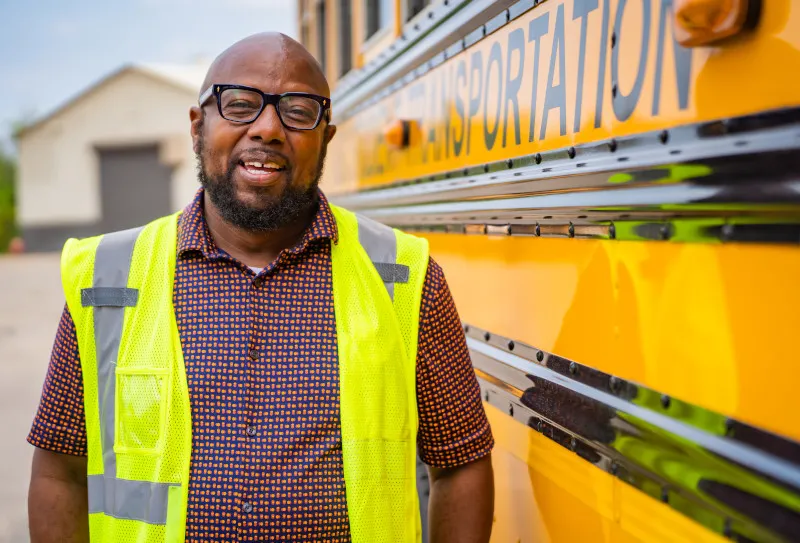

But as Detroiters, they understood the importance of the community for them and of the impact they had on kids.
“I went to Detroit Public Schools from day one,” said Hardnett. “I know what the school district means to the kids. I'm a product of it. When you go to their door, you see them and you can see the expression on their face. It's like, somebody really cares. ‘Somebody is thinking about me. This is for me. I didn't have to do anything but be here and it came to me.’ That's a good feeling.”
Fist bumps, thank-yous and smiles on kids' faces kept Summers and Hardnett going through the pandemic.
Tristan’s family is grateful because he was able to receive the meals he needed and also experience a sense of normalcy with a school bus coming to his house at least twice a week.
“I’m proud of what they did for the students,” Fletcher said. “They were always right on time. It was something that you could expect. And when you can expect something, you look forward to it.”
This Black History Month, we celebrate the thousands of Black individuals who have worked to ensure children in America have the meals they need to continue dreaming..
Our partners in Detroit and the rest of the country, their leadership and the heroes that delivered meals during the ongoing pandemic are already part of a history of resilience that has paved the way for many Black children. It’s a history that includes the breakfast program started by the Black Panthers, Shirley Chisholm ensuring healthy food was available to young kids through WIC programs, Marian Wright Edelman fighting for the rights and equity of kids, and the many other Black individuals who continue to work for a more just society. To all of them we say thank you.
Join us to support more communities of color like our partners in DPSCD to ensure all kids have the food to fuel their dreams.
